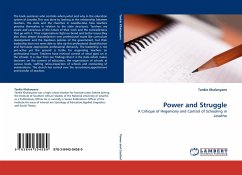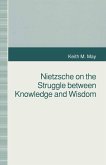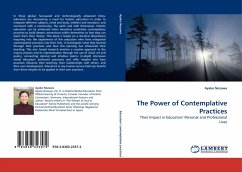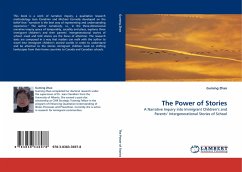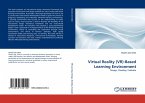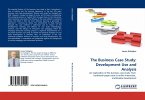The book examines who controls whom,what and why in the education system of Lesotho.This was done by looking at the relationship between teachers, the state and the churches in Lesotho.Also how teachers perceive themselves in relation to the state structures. Teachers are aware and conscious of the nature of their work and the contradictions that go with it. Their organizations fight on bread and butter issues,they also show deeper dissatisfaction over professional issues like curriculum development and the topdown policies of the government, but their leadership does not seem able to take up this professional dissatisfaction and formulate appropriate professional demands. The leadership is not pro-active yet the ground is fertile for organizing teachers on professional issues. Teachers have minimal control of what goes on in the schools. It is clear from our findings that it is the state which makes decisions on the content of education, the organization of schools at various levels, staffing ratios,inspection of schools and conducting of examinations. The church has control over the recruitment,appointment and transfer of teachers.
Bitte wählen Sie Ihr Anliegen aus.
Rechnungen
Retourenschein anfordern
Bestellstatus
Storno

